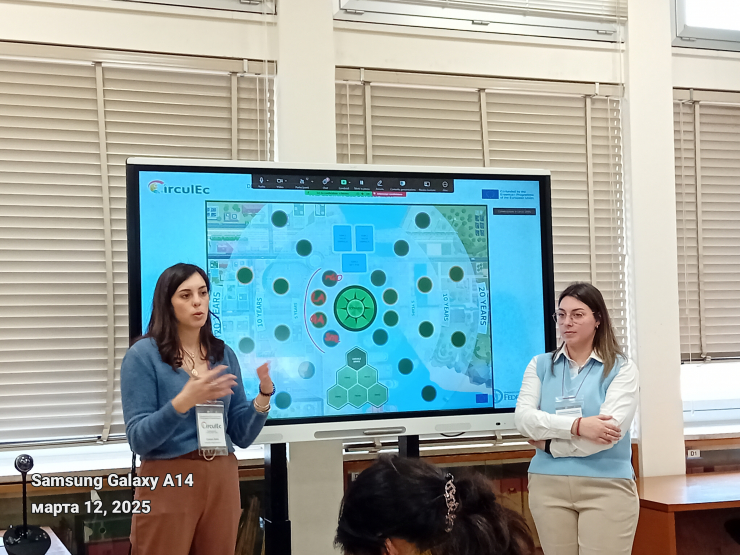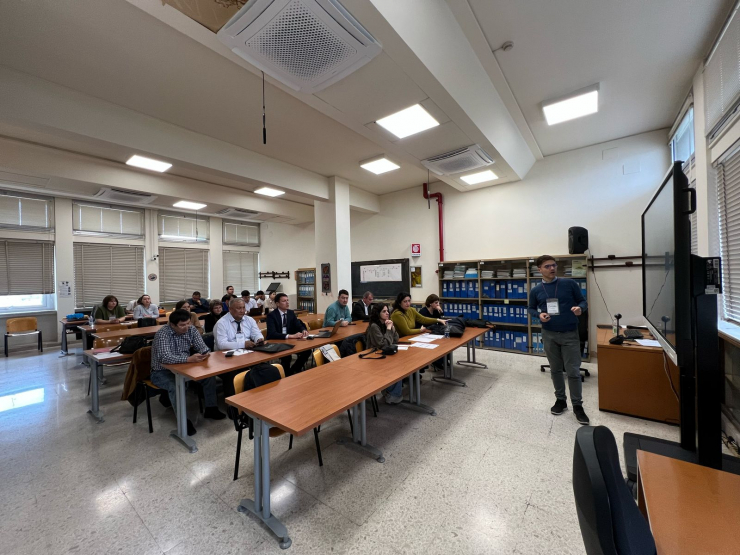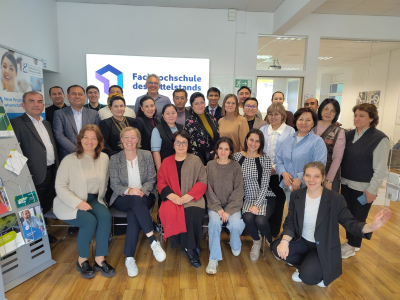
circulec (3)
Federico II University Hosts Knowledge Transfer Workshop for Central Asian Partners
Written by ДонишгоҳNaples, Italy – March 11–14, 2025 — The University of Naples Federico II (Unina) hosted a four-day training workshop as part of the Sustainable Competitiveness module within the Erasmus+ project framework. The event gathered academic representatives from partner universities in Central Asia for knowledge exchange and final refinement of course content to be implemented in their institutions.
The workshop officially opened on March 11 with welcoming remarks from project coordinator Madina Yusupalieva (EKTU), Professor Francesco Pirozzi, and Professor Davide Marocco from Federico II University. Participants were also welcomed with a university presentation and commemorative activities.
Training sessions featured interactive lectures by Professors Gerardo Carpentieri and Carmen Guida, focusing on urbanization sustainability, teaching methodologies, and curriculum development. Participants engaged in hands-on group exercises and feedback sessions using online tools to shape the future master’s program syllabi.
The workshop concluded on March 14 with an in-depth session on urban system analysis and teaching integration. All sessions were livestreamed via Zoom for broader participation among partner universities.
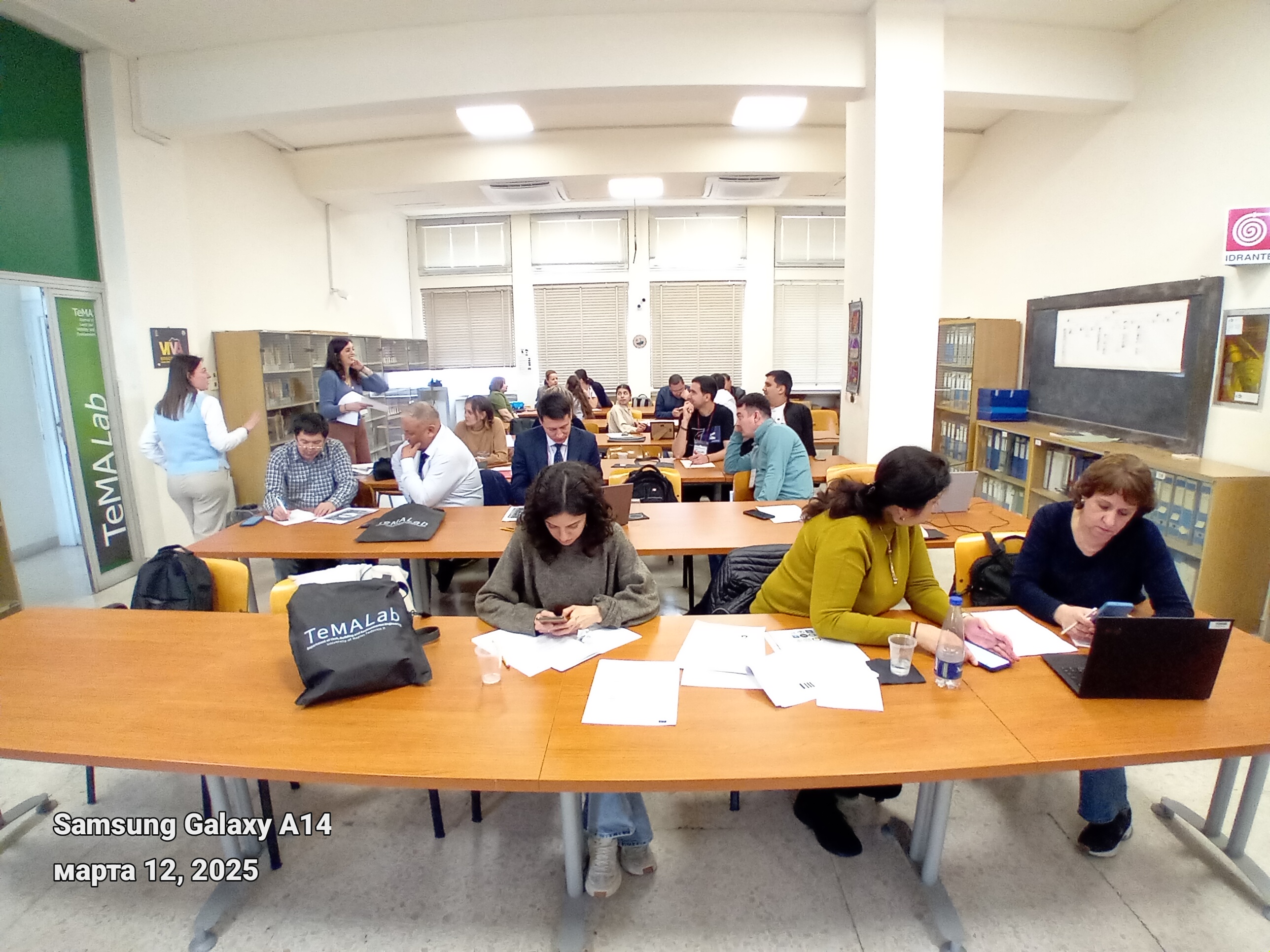
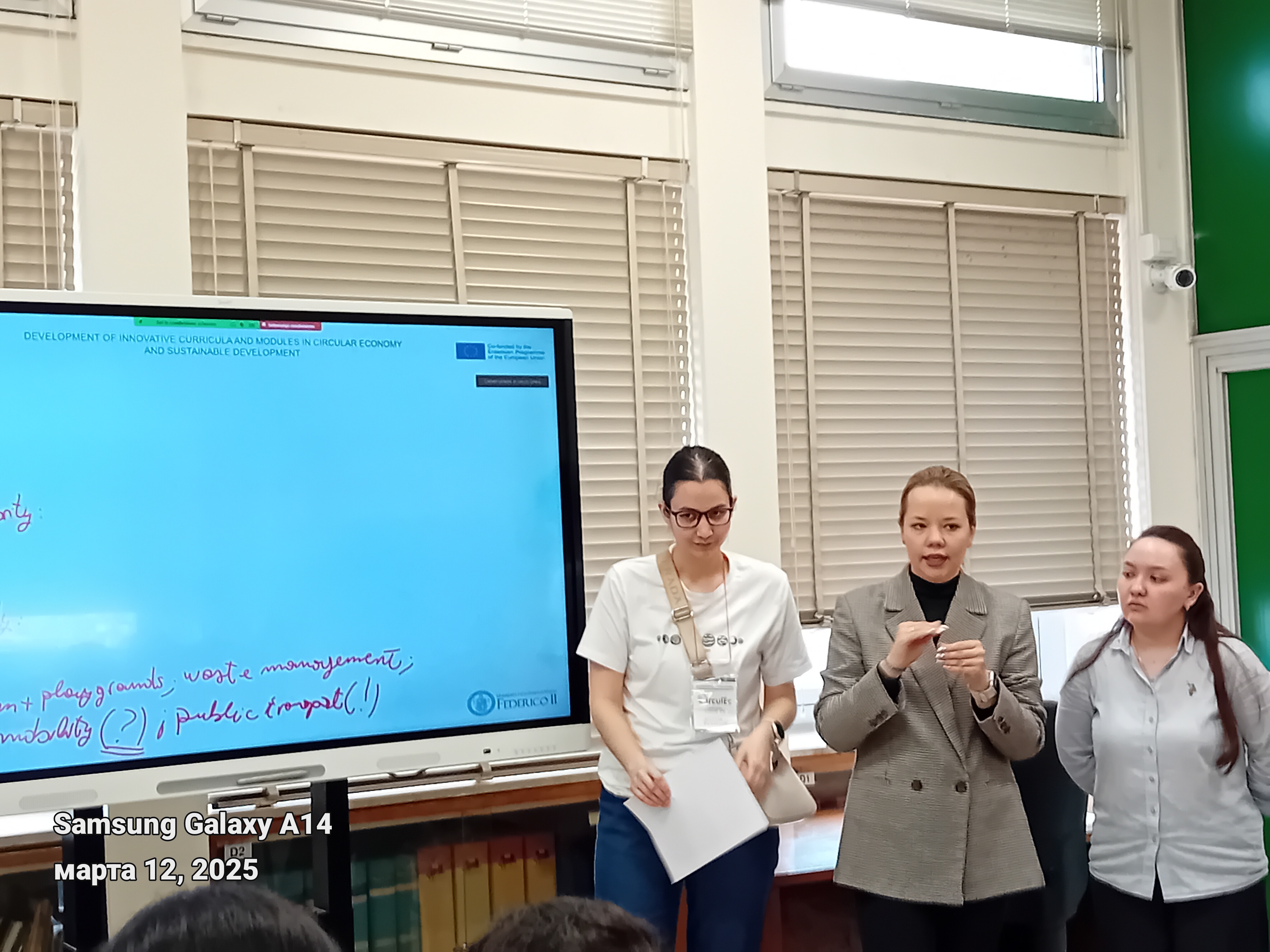
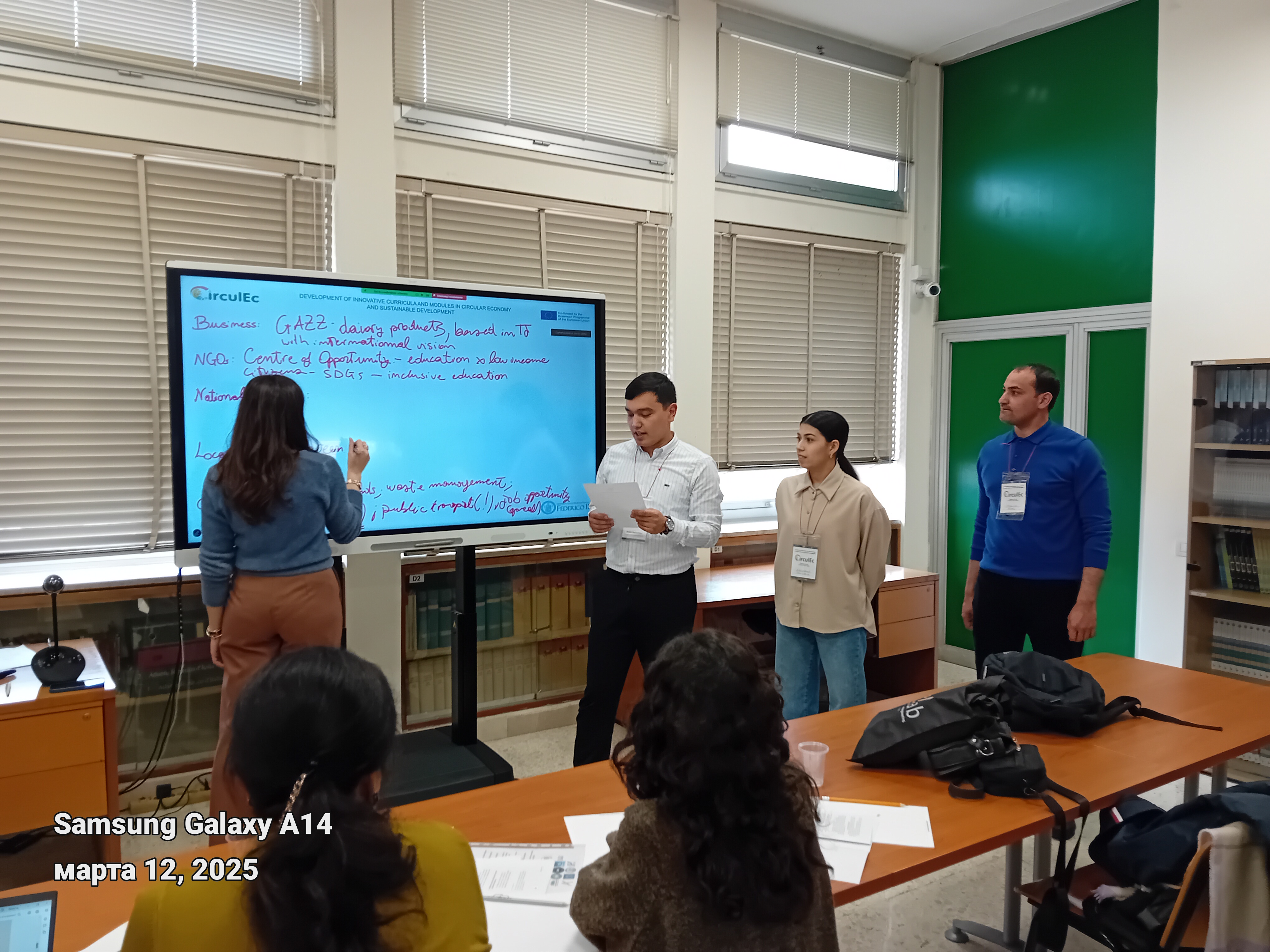
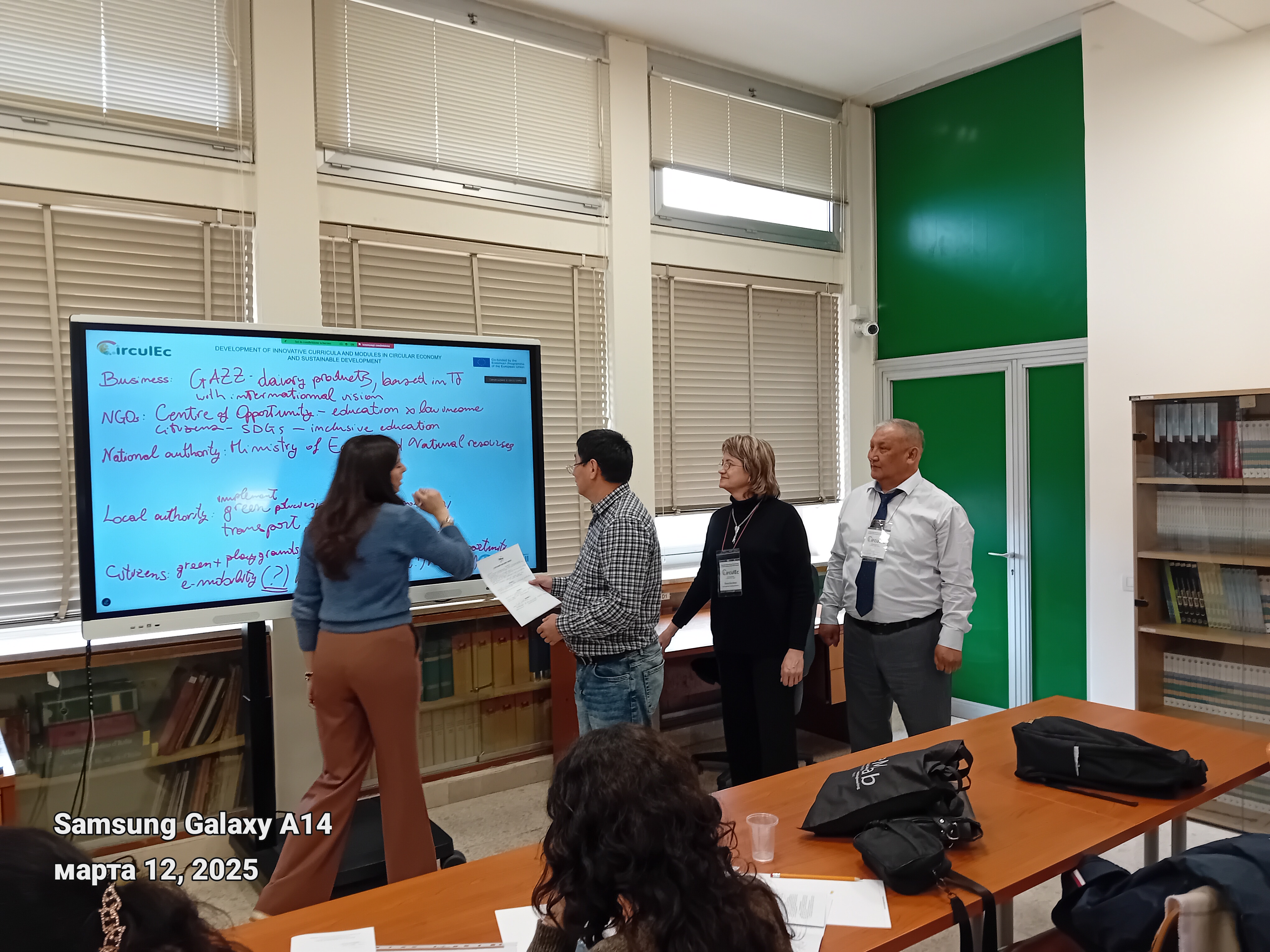
Training on Circular Economy and Sustainable Entrepreneurship Held at University of Santiago de Compostela
Written by ДонишгоҳSantiago de Compostela, Spain – March 24–27, 2025 — As part of Work Package 6 of the Erasmus+ CirculEC project, a four-day training was successfully conducted at the Faculty of Social Sciences and Business Administration, University of Santiago de Compostela (USC), in close cooperation with all project partners.
The training brought together academic staff from Central Asian partner universities and focused on the fundamentals of the circular economy, circular business models, and sustainable entrepreneurship. It featured a blend of theoretical lectures, real case studies, and interactive group work to support curriculum development.
Opening remarks were delivered by USC Vice-Rector for Digital Transformation and Innovation, Prof. Gumersindo Feijoo, and project coordinators Adrián Dios Vicente and Xavier Vence. The program began with an introduction and a case study presentation, followed by sessions on circular economy principles, business models, and eco-innovation.
Highlights included:
-
A presentation by Prof. Xavier Vence on the circular economy and its global importance;
-
Case studies on circular policies and environmental taxation by Sugey López and colleagues;
-
A session on sustainable entrepreneurship and green financing by Nailya Saifulina;
-
Company insights from ARROUPA on sustainable textile reuse;
-
Practical exercises using business model frameworks and ecological innovation tools led by Ángeles Pereira.
The event concluded with an evaluation session, including a focus group discussion and feedback analysis to inform future training and project development.
By fostering knowledge exchange and hands-on learning, this seminar reinforced joint efforts to promote sustainability and innovation in higher education across Central Asia.
FHM Bielefeld Hosts Central Asian Delegation for Study Visit on Sustainable Business and Climate Management
Written by ДонишгоҳBielefeld, Germany – March 17–20, 2025 — As part of the EU-funded CirculEC project, the University of Applied Sciences for Small and Medium-sized Enterprises (FHM) in Bielefeld welcomed academic representatives from Central Asia for a four-day study visit focused on sustainable business practices and circular economy integration.
The program opened with workshops on Environmental Management, led by Melanie Eikenbusch, and an introduction to the innovative Packless project by Professor Rulf Treidel. Participants explored sustainable packaging solutions and environmental strategies applicable in educational contexts.
On March 18, Professor Bas Roelofs guided an interactive session on the Circo Methodology, helping attendees apply circular economy principles to product design and business models using the Mural digital collaboration platform.
The study tour continued on March 19 with a visit to the Innovation Campus Lemgo, where guests engaged with state-of-the-art facilities including the SmartFactoryOWL and the Future City Solutions showroom. These visits showcased Germany’s leading practices in smart, sustainable technologies.
The program concluded on March 20 with a visit to ZF Friedrichshafen AG, where participants learned about industrial practices rooted in circular economy principles, including resource efficiency and climate-friendly production methods.
This visit marks a significant step in strengthening academic cooperation and advancing sustainability-focused curricula in Central Asian higher education institutions.
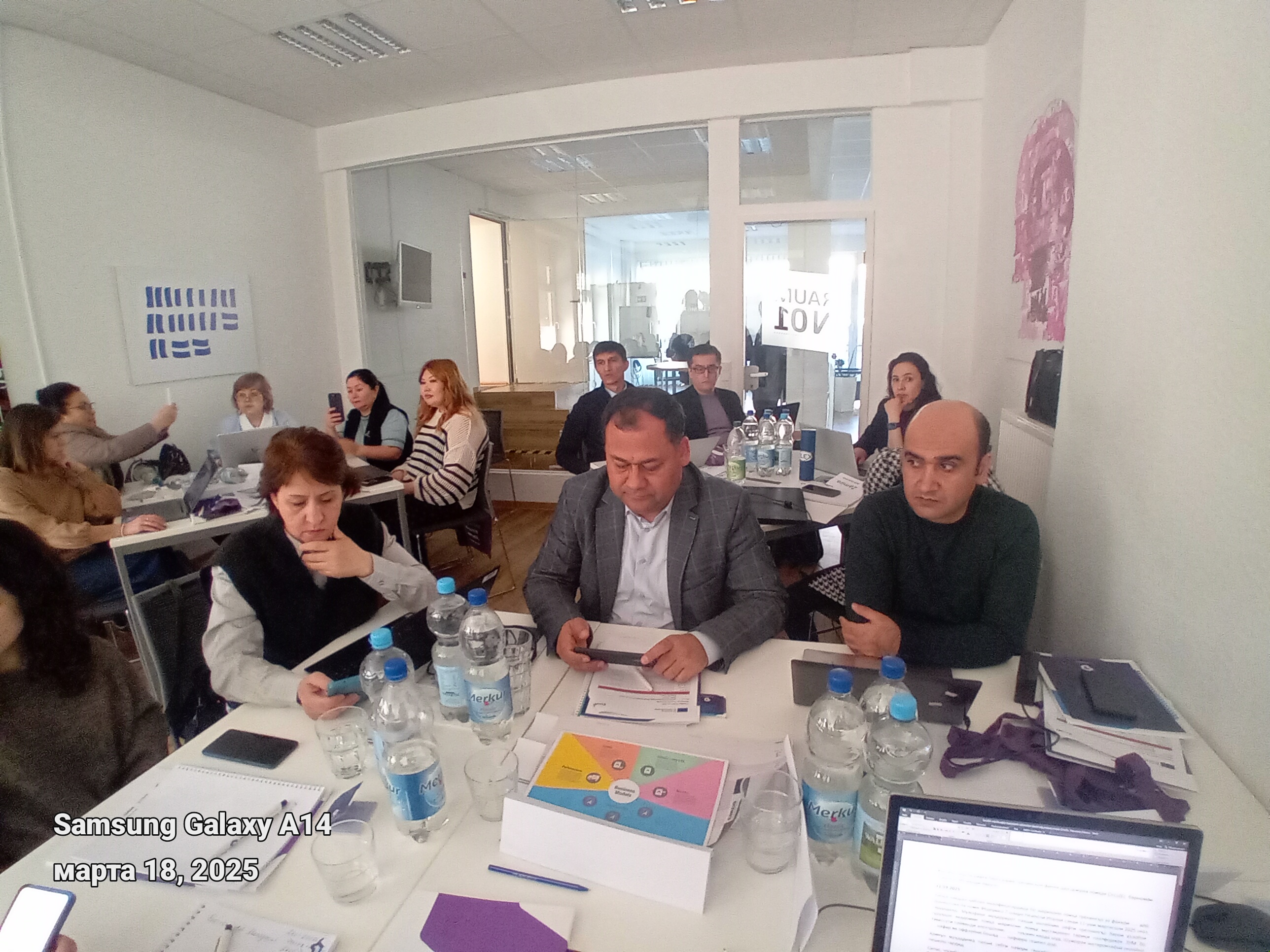
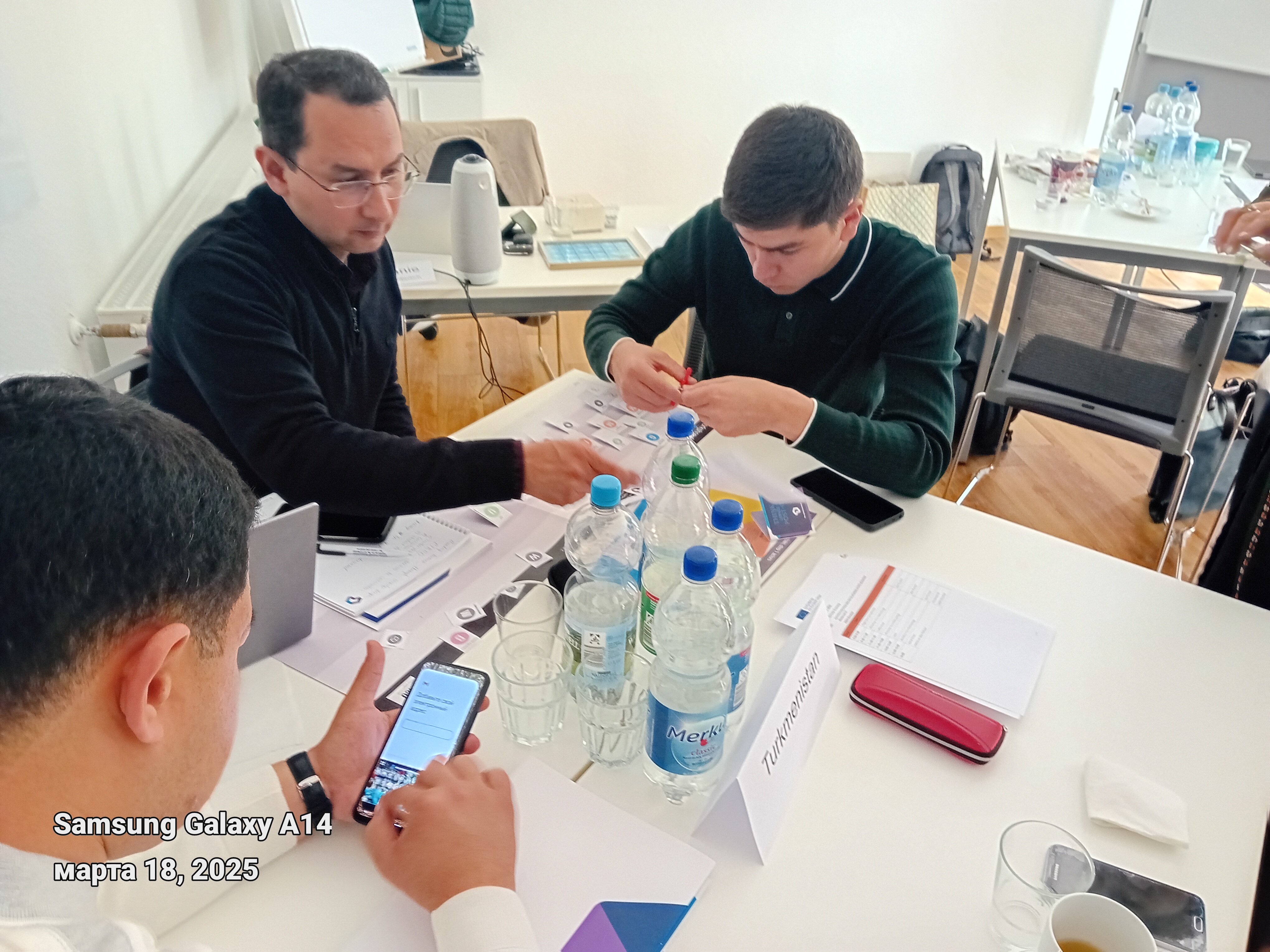
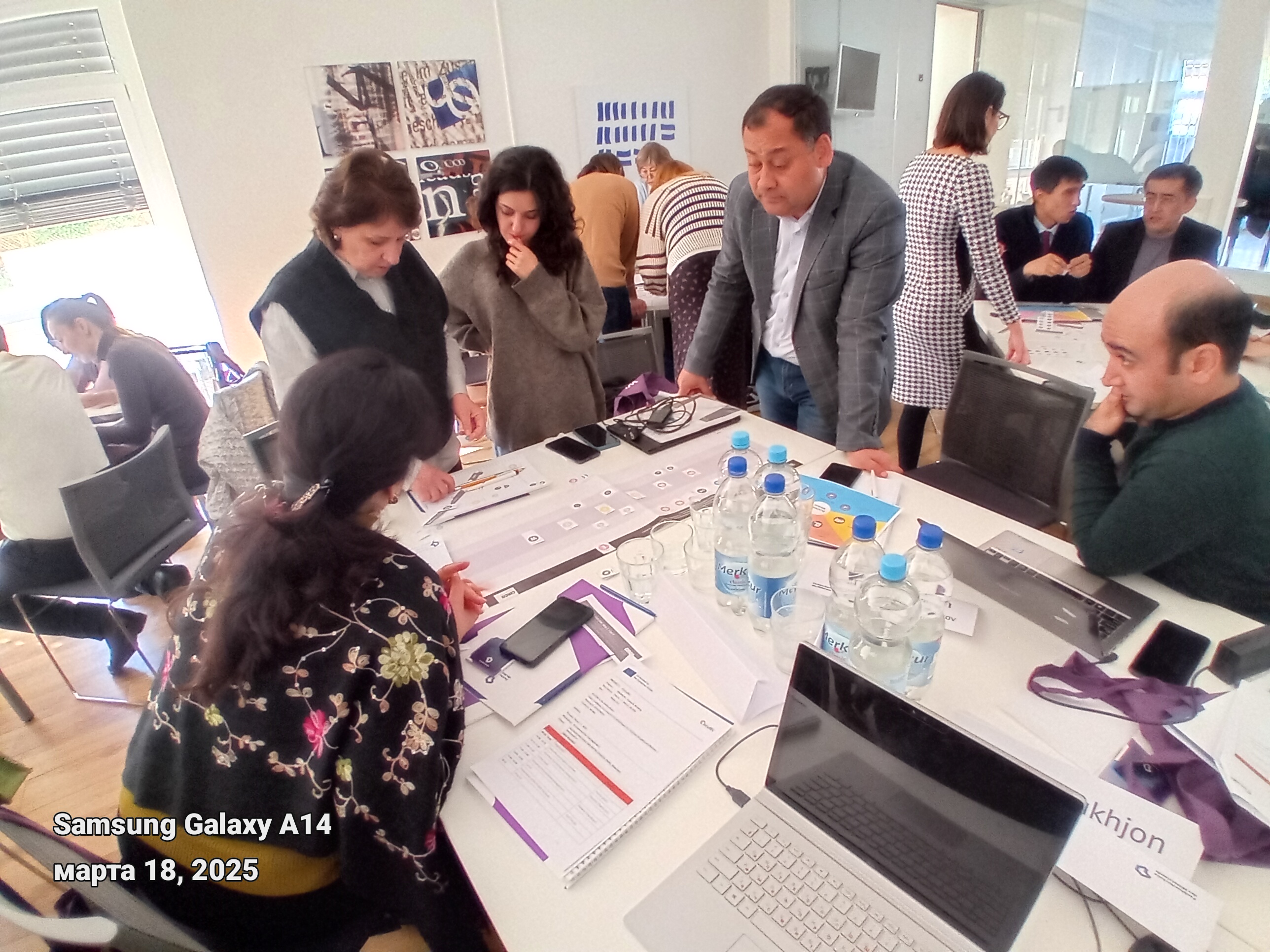
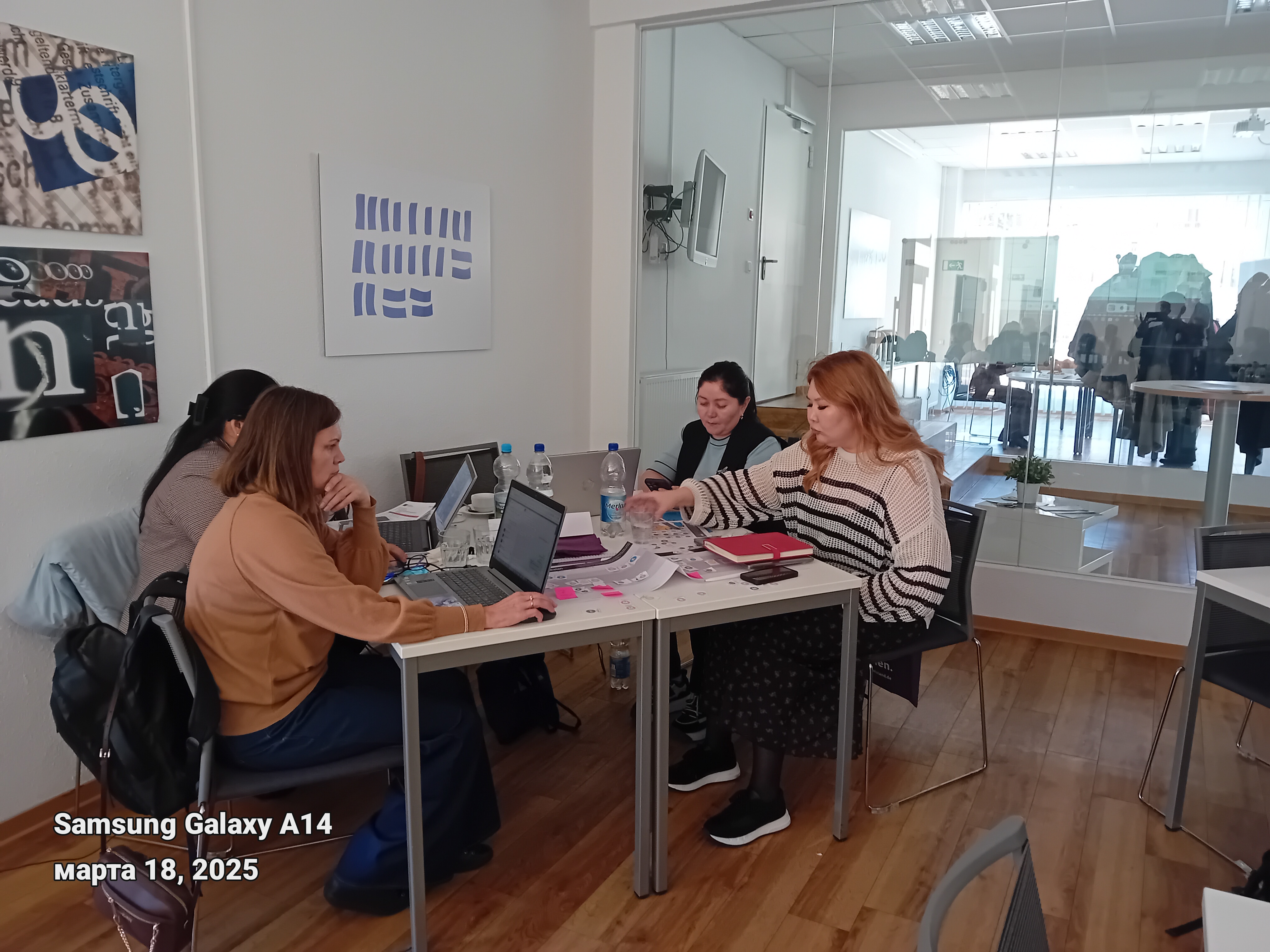
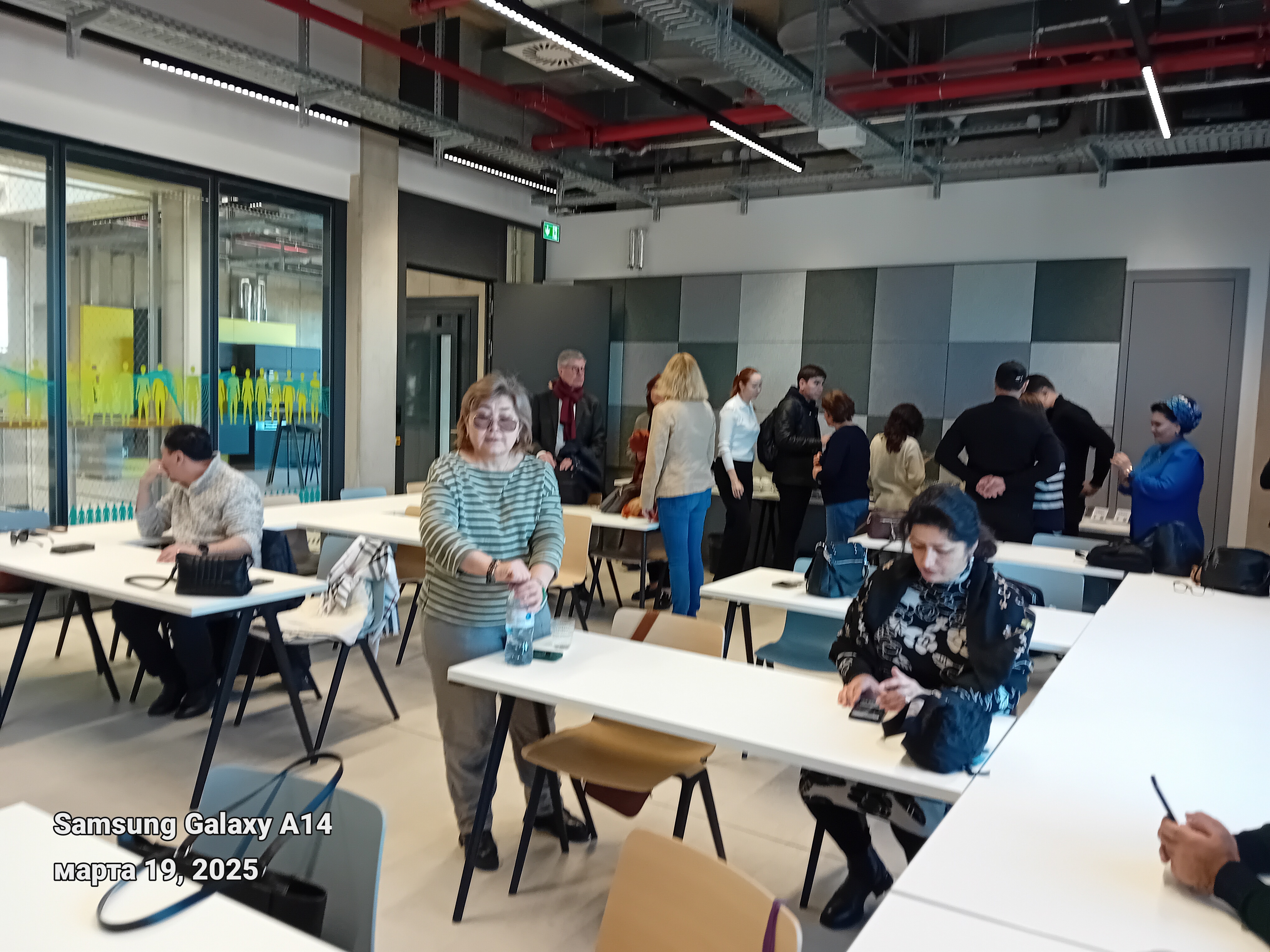
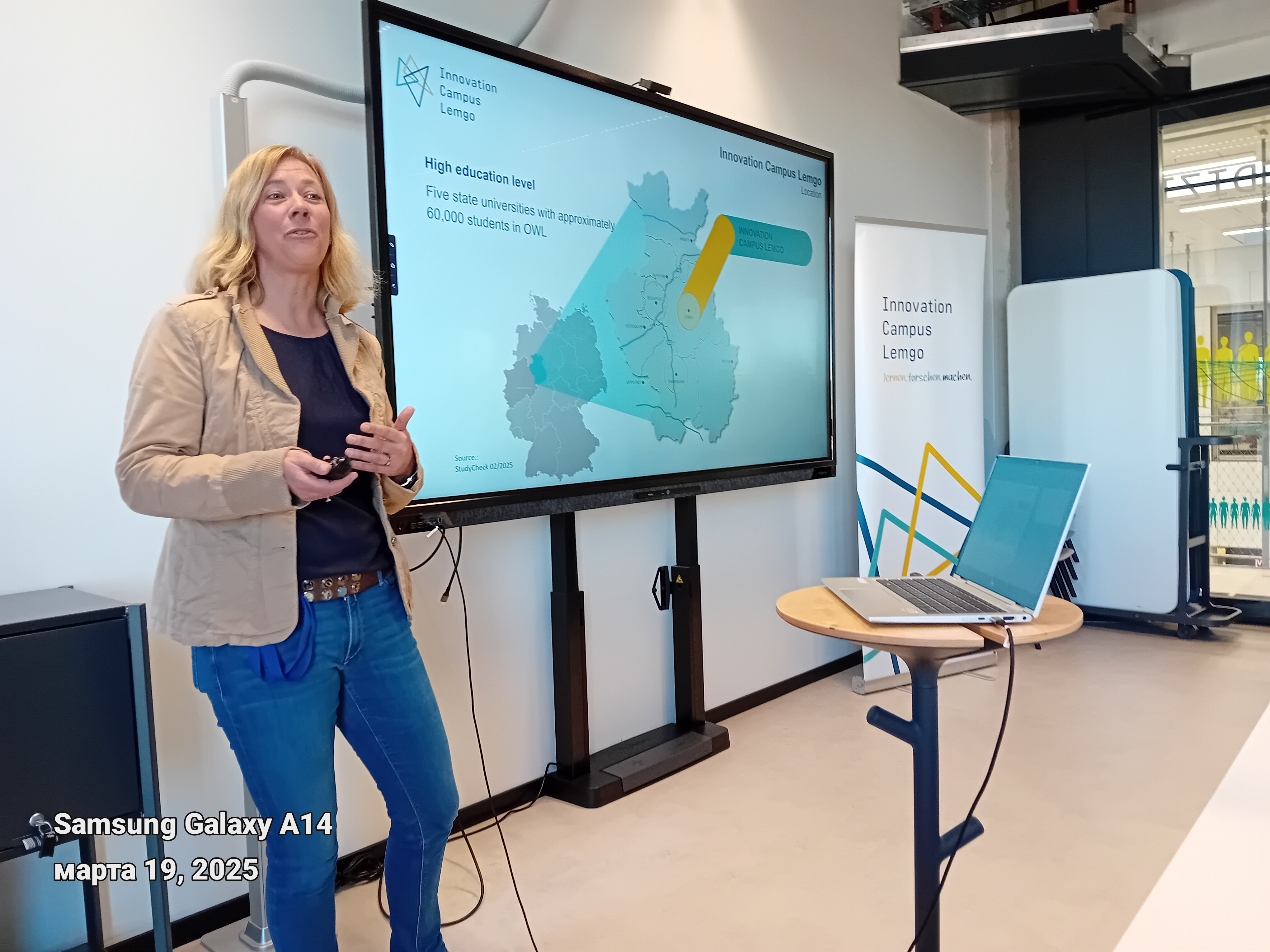
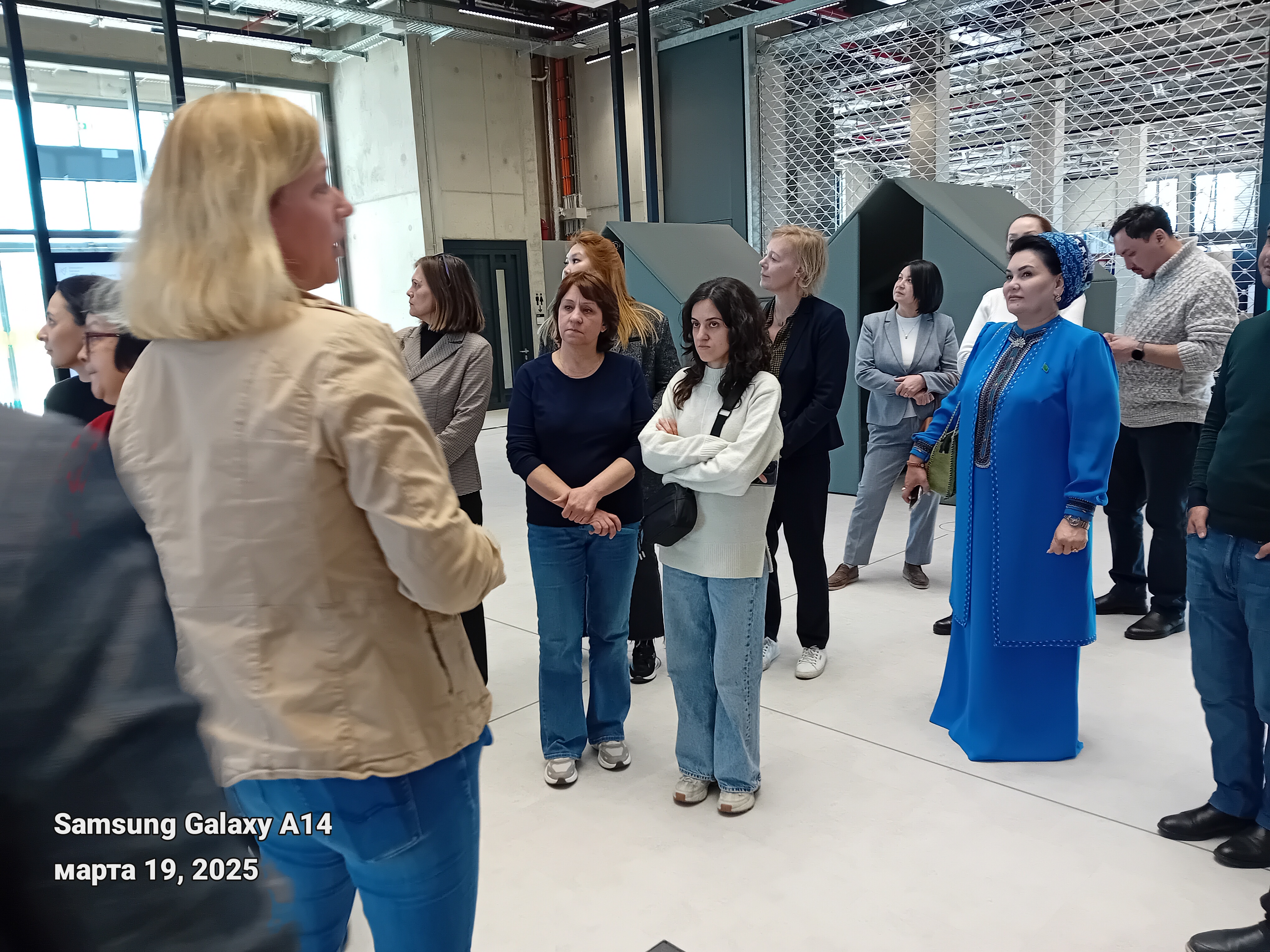
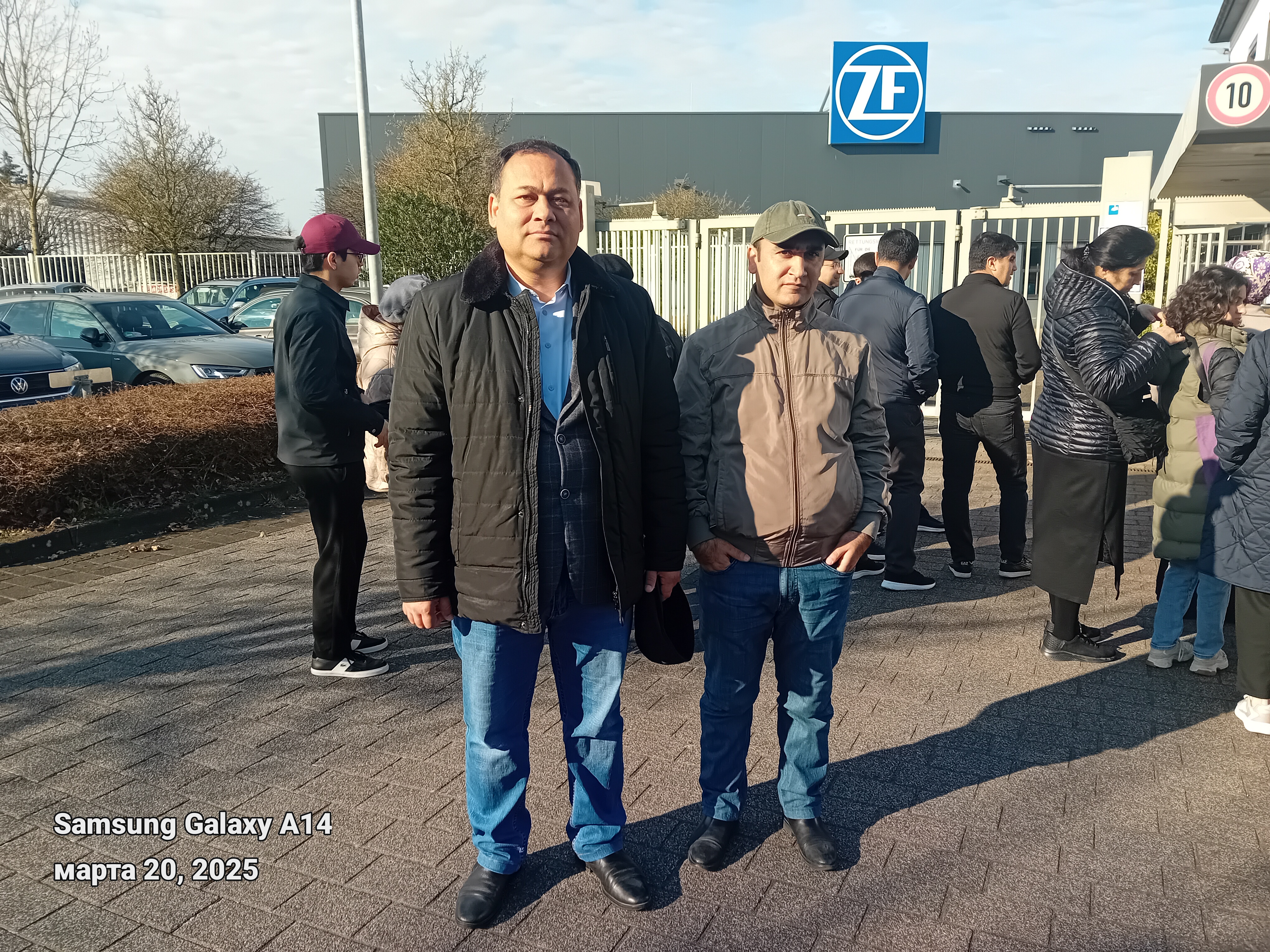
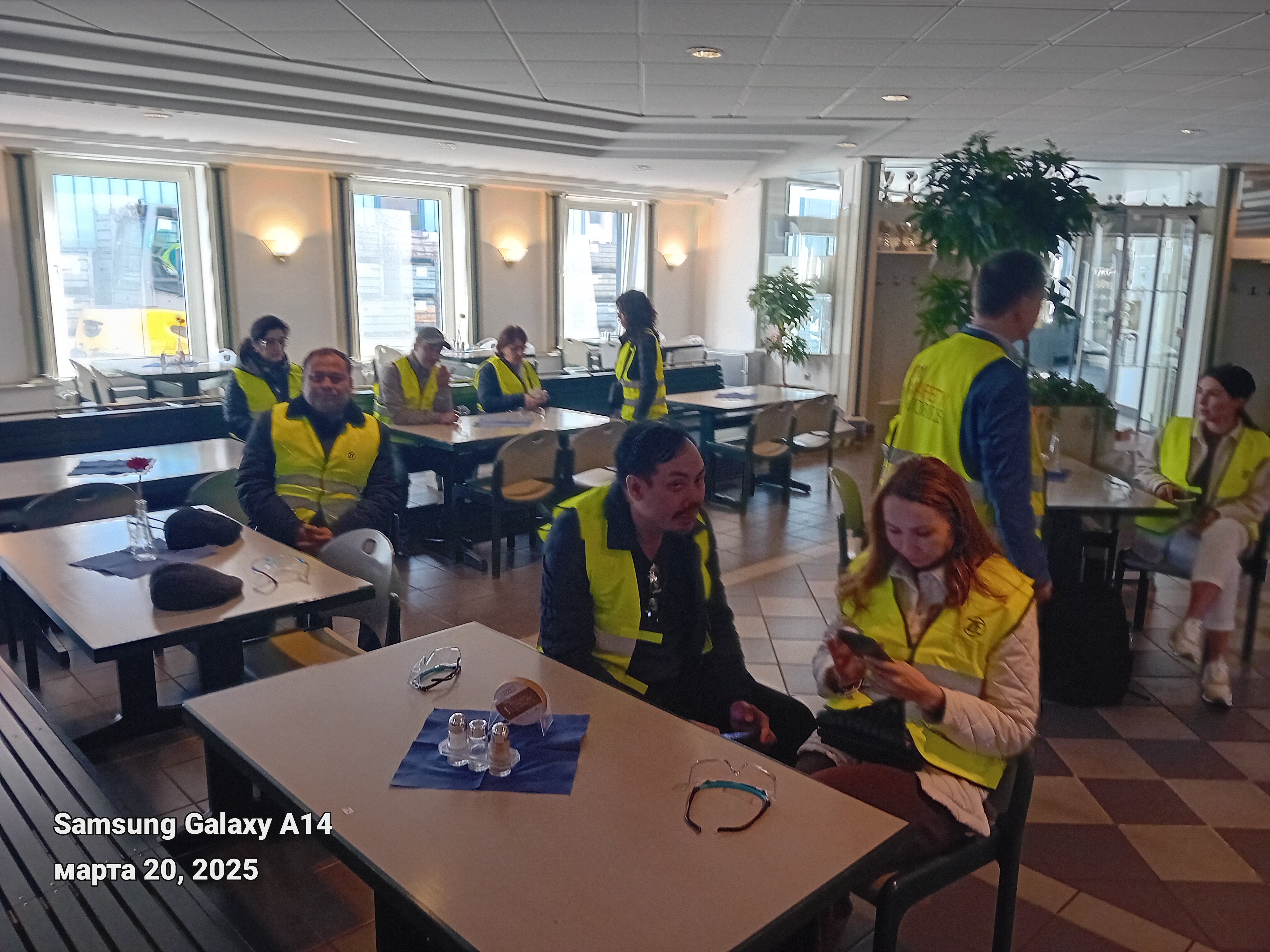
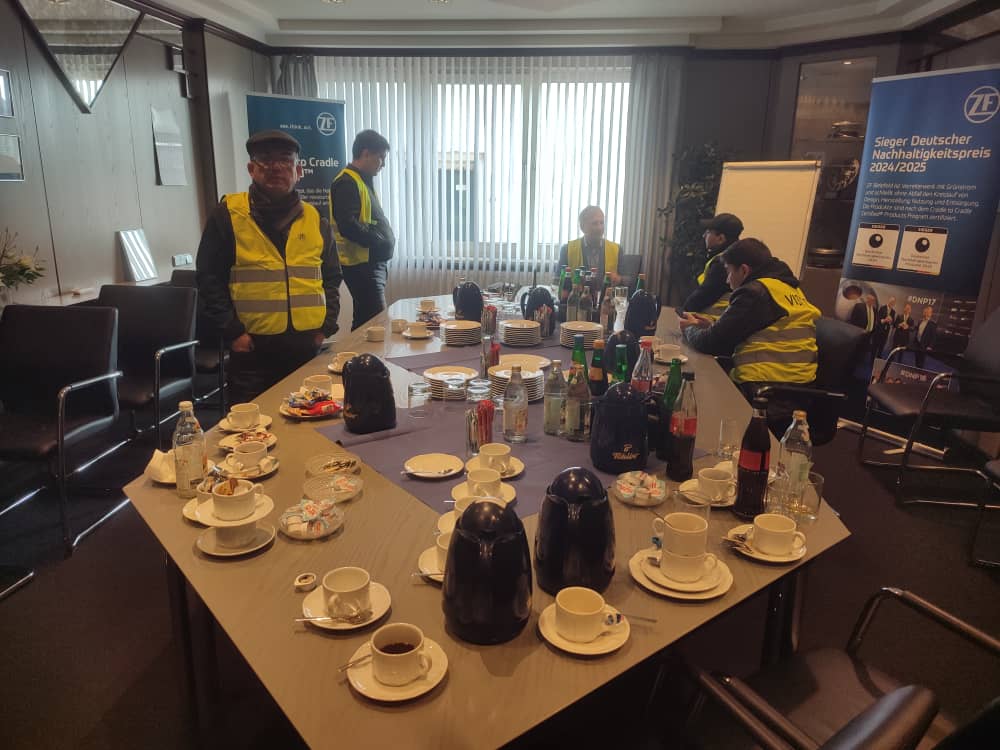

 English (UK)
English (UK)
 Тоҷикӣ
Тоҷикӣ  Русский
Русский 
